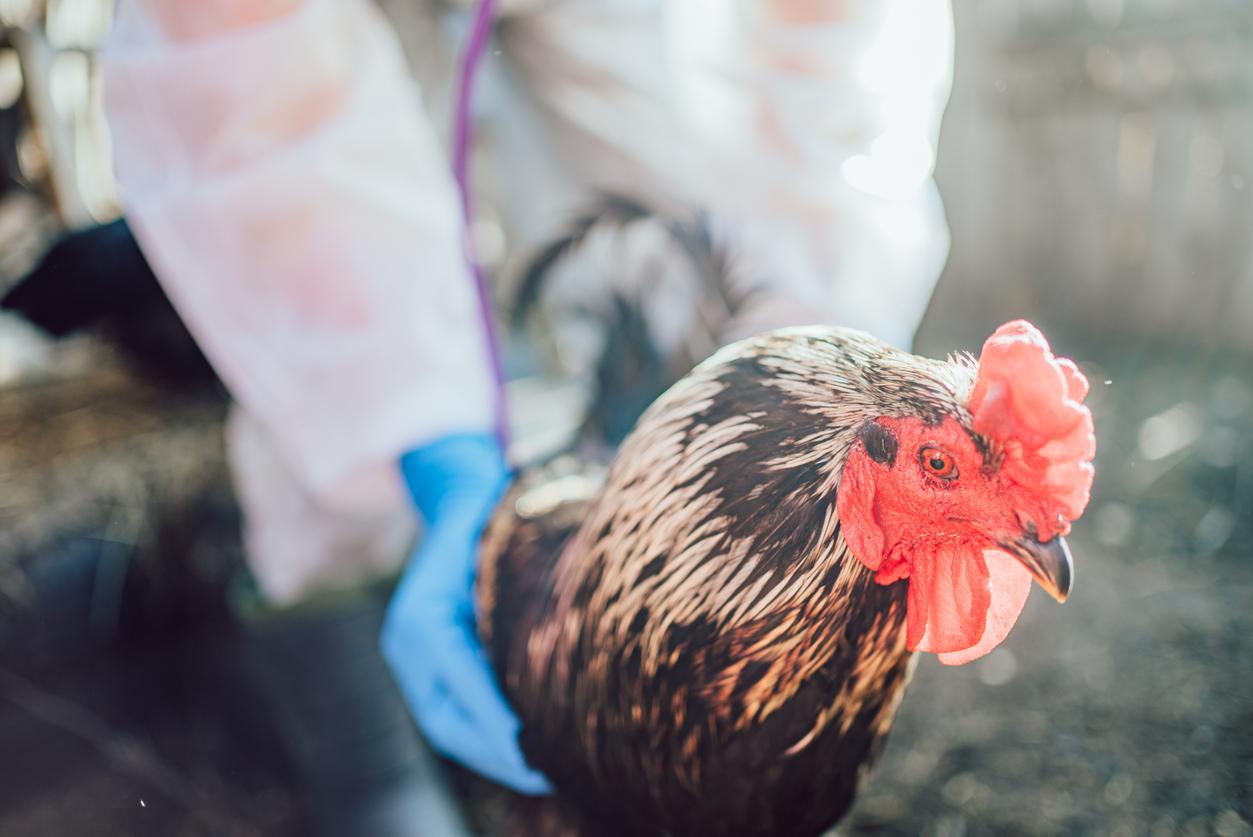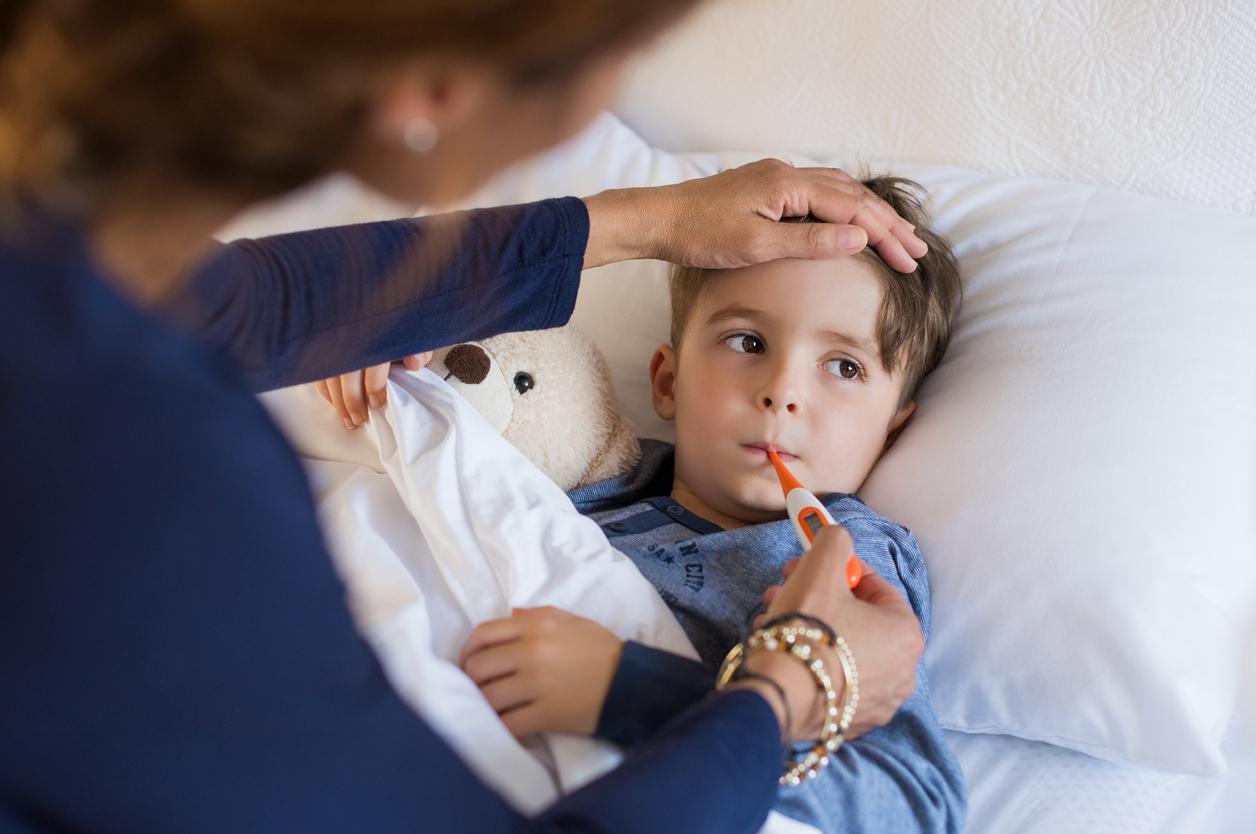Thirteen cases of pneumococcal pneumonia were diagnosed in people working at the Marseille shipyard. A huge vaccination operation began on Monday morning.

A “major vaccination operation” began this Monday morning at the Marseille shipyard, after the diagnosis of 13 cases of “pneumococcal pneumonia”, indicated the Regional Health Agency (ARS) in Provence-Alpes-Côte d’Azur in a communicated. The patients detected were all working on the renovation of a boat. In order to limit the risks, 15 teams were deployed on site to urgently vaccinate the 4,000 people potentially exposed to the site in question.
The alert was given on January 28. “A care system was immediately organized with the medical team of the boat, the Samu, the Bataillon des Marins Pompiers de Marseille, the University Hospital Institute and the ARS Paca, assures the ARS. Awareness of barrier measures was made with the medical team of the ship under construction and precautionary measures were communicated to the staff: reinforcement of hand washing, wearing of masks for sick people (3,000 masks were delivered to site), isolation of any suspect case in an individual cabin, etc”.
132,000 annual cases in France
pneumococcus or streptococcus pneumoniae is a bacterium that can cause pulmonary and ENT infections (otitis, sinusitis), and can also be the cause of more severe forms of invasive infections in 10 to 30% of patients, such as pneumonia, meningitis and bacteraemia due to pneumococcus.
According to the world health organization (WHO), “lhe case fatality rate can be high for invasive pneumococcal disease, up to 20% for sepsis and 50% for meningitis in developing countries”. The National Academy of Medicine specifies thatn France, “the average figure is 132,000 annual cases, representing 220 cases per 100,000 inhabitants (including 5 to 30% of invasive forms).”
The bacterium is found in large quantities in nasal secretions and saliva. All that is therefore needed is direct and close contact with a healthy carrier, or quite simply a cough or a sneeze, for the pneumococcus to be transmitted. Any object soiled by secretions is also a potential transmission vector.
Some people more at risk than others
As pointed out Public health Franceinfections pneumococcus”most often affect young children, the elderly and people with chronic illnesses or who are undergoing treatment that lowers their immune defenses against infections”. Indeed, the risk is multiplied by 4 in the presence of a chronic pathology (diabetes, lung disease, heart disease or alcoholism) and by 23 to 48 in immunocompromised patients (cancer or HIV/AIDS infection).

.
















